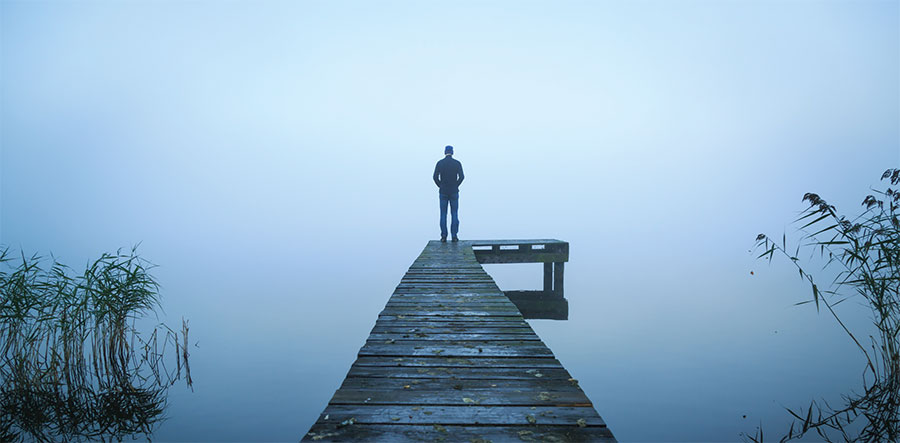When tragedy strikes

Losing a child is every parent’s worst nightmare.
That nightmare became a reality on a dark Canadian highway in rural Saskatchewan last month, when the charter bus carrying the Humboldt Broncos junior ice hockey players, coaches and team officials was involved in a horrendous accident. Of 29 people onboard the bus, 16 died including 10 players, two coaches, an intern, team trainer, their ‘play-by-play’ announcer and the coach driver. Others remain in hospital recovering from serious to critical injuries.
Normally, I wouldn’t submit an article to SAIFInsight about a Canadian tragedy, but somehow this heartbreaking story has captured international attention and sympathy. Largely I believe because every parent recognises that ‘this could have happened to us’.
The question becomes: What do we do when ‘this couldn’t happen here’ does happen? Countless things have been done to express support for this community and those most directly affected. Sympathy has come from many sources, including Queen Elizabeth, political leaders, hockey teams, personalities and innumerable individuals. Everyone has been touched by this tragedy.
In such a situation, we struggle to know what we can ‘do’. When helpless to change what has happened, doing something – anything – provides some sense of control in a situation sadly beyond our control. In attending prayer vigils, signing books of condolence, contributing to a GoFundMe initiative which has raised a record millions of dollars, leaving hockey sticks on porches, observing moments of silence at hockey arenas across the country, everyone hopes such actions will help put the situation in a more meaningful context.
This is motivated by the deeper issue: ‘What do you do when there is nothing you can do?’
Certainly, these are all good things. We all hope some good might come from the tragedy as we struggle to find meaning in circumstances that simply make no sense.
But for everyone affected by this disaster, right now there is nothing ‘good’ about the situation. Everyone asks why, looking for something or someone to blame or how the situation could have been avoided, because that would offer a ‘reason’. Society has a desperate need to find meaning in everything, even when there may be none.
I do concur with Humboldt Mayor Rob Muench’s assessment: “We will get through this.” They will, but it will be a long journey.
The major goal after a traumatic incident is empowering survivors by enabling them to gain some sense of control in the immediate days and throughout the remainder of their lives; to somewhat mitigate feelings of helplessness; to make meaning of present symptoms in the light of past events; incorporating into their identity the experience that ‘stuff happens’ – even in Humboldt.
For those most directly impacted by the tragedy, it is about ‘speaking the unspeakable’. People often find themselves unable to process what has happened or put it into words, but atrocities refuse to be buried. Almost as powerful is realising denial does not work for long.
Many lives were changed forever in a split second on that coach. Appropriate grieving lets people and communities recover, heal, learn and grow. But let’s not get ahead of ourselves. First you hurt, and then you heal. This will hurt for a long time. It will hurt when the ice hockey season resumes, when next year’s playoffs revive memories, and a host of other ‘triggers’.
I only hope the sympathetic support and compassionate care will still be there in those difficult times ahead, and not be short-lived as everyone on the outside moves on.
For people of Humboldt, it is not about ‘getting over it’ but how they can ‘get through it’. It is not simply a question of grieving loved ones lost, not to minimise that in any way, but they face a deeper challenge in coming to terms with a world in which assumptions that ‘this couldn’t happen here’ were held; now having to rebuild a world in which it has.
What makes this difficult for all of us is that our kids played hockey or soccer; our kids travelled in buses and cars to games; we have all been where these Humboldt parents are today, if not in reality, in our worst nightmares. This could have happened to us.
And so we can all say, paraphrasing JFK, that today “ich bin ein Humboldter”.
Tags: accident, aftercare, bus, Canada, crash, Dr Bill Webster, Humboldt, ice hockey, Rob Muench, Saskatchewan, support